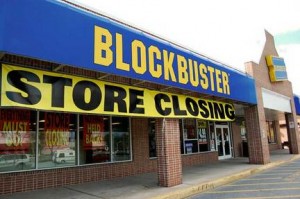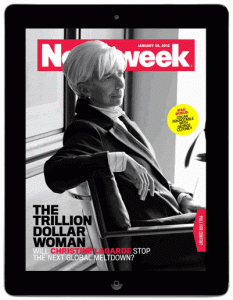Survival of the Most Adaptable
A vital characteristic that a business needs is adaptability. Anyone familiar with the stories of Kodak and Blockbuster will easily be able to see why the ability to modify a company is so necessary. As technology advances and consumer preferences change, the need and attractiveness of companies inevitably fade unless change is instated.

A recent article shows how one brand is evolving.
Newsweek, 79-year-old news magazine, is combatting the faltering popularity of print media by switching to solely online publication. Annual losses in recent years left Newsweek with a bleak future. With tablet and smartphone apps being more popular than ever, the strategic change to become completely digital could prove to be a great decision. Also, by eliminating the printed versions of Newsweek, production costs are being dramatically cut.
The question lies in whether or not consumers will make the transition into purely digital news. Like the many suggestions that books will eventually die out and be replaced by eBooks, the same can be offered to explain the future of newspapers and magazines. As this transition takes place, it is important for news providers to ensure that the strategic change is implemented properly.




